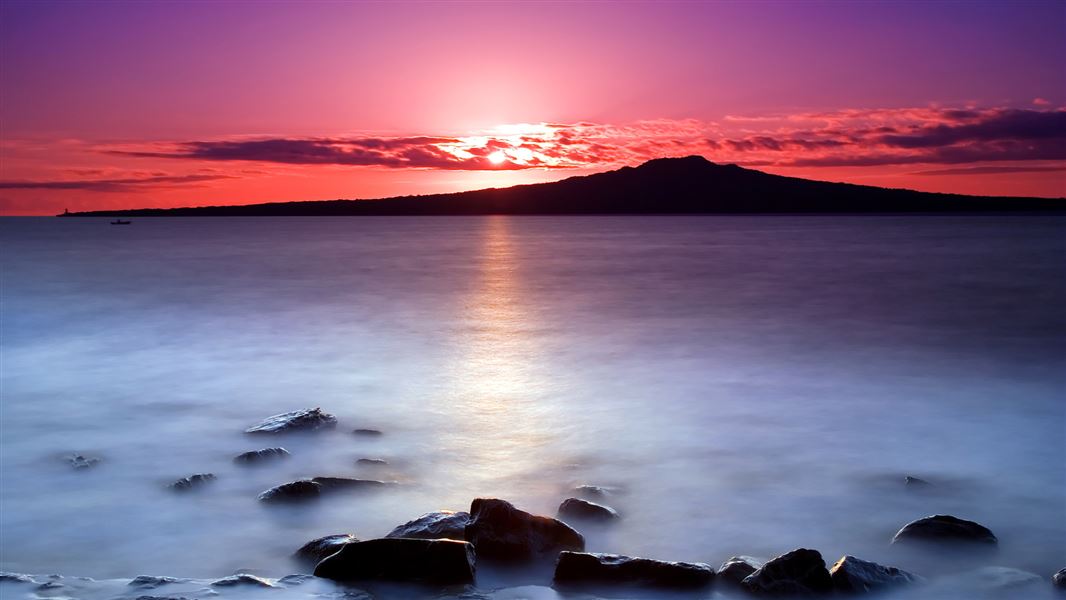Archived content: This media release was accurate on the date of publication.
Date: 11 November 2021
Under the current alert level some islands will be open for day visits. These include Motuora, Kawau, Tiritiri Matangi, Rangitoto and Motuihe islands. Access to Hauturu/Little Barrier Island remains closed to public and requires permits approved through DOC and iwi. Aotea/Great Barrier Island and Waiheke Island remain closed to non-residents.
Fullers Ferry services will begin servicing open islands to Auckland residents and private boaties will be allowed to land. Overnight stays remain prohibited. This means DOC campgrounds, bunkhouses, huts and baches remain closed.
DOC Operations Manager, Kat Lane says although some islands will be open to the public, there are still rules – both pest-free island and public health guidelines – that need to be followed.
“Auckland should commend themselves for the hard-work they have put in as a community to try and beat the COVID-19 virus. They have worked extremely hard to keep themselves and their communities safe by staying home and getting vaccinated.
“We understand the excitement felt knowing we can take a step closer to normality. However, we also know that with excitement sometimes comes a lack of awareness – if you are planning to visit the pest-free islands, take time to know the rules before going.”
The island reserves are home to protected species and visitors must follow the golden rules of visiting pest-free islands. These are check, clean and zip your gear. Do not bring your dogs onto the island and check your vessels for stowaway pests.
DOC recently reported a major breakthrough in a year-long stoat hunt on Motutapu after capturing a male stoat by hiding a trap in an artificial den, lured with a playback recording of baby stoats and female stoat-scented bedding.
“We know the devastating impact these predators can have on our species and conservation work. Capturing just one stoat is extremely challenging and we would hate for the progress we have made to be undone all because people haven’t followed the rules,” says Kat.
During the lockdown DOC staff remained on the island for high priority conservation work and have made the islands their home during the outbreak. Previously DOC encouraged wider Auckland residents to stay off the islands to keep staff and themselves safe and prevent the risk of spread.
“This is a big step for our rangers to go from zero contact to the wider public to an expectation of high visitor numbers however, our team share in the excitement in welcoming Aucklanders back, but we want this transition to be as safe as possible.
“This means be prepared before you leave, follow the public health guidelines, stay home if you are sick, wear your masks when in close proximity to others, and if eligible, get vaccinated so that we can all enjoy a safe and healthy summer in the Hauraki Gulf.”
More information about islands within the Hauraki Gulf.
Visiting pest free islands
When you arrive on a pest-free island, you may be met by rangers to recheck your gear. Dogs are not allowed on island reserves in the Bay of Islands, Hauraki Gulf, and Marlborough Sounds islands. Check specific rules for a place before you visit.
More information about visiting pest free islands.
A rāhui remains in place on Motutapu to aid in the stoat incursion. For further information see:
- Breakthrough in Motutapu stoat hunt: Media release November 2021
- Rāhui on Motutapu extended: Media release June 2021
Contact
For media enquiries contact:
Email: media@doc.govt.nz
